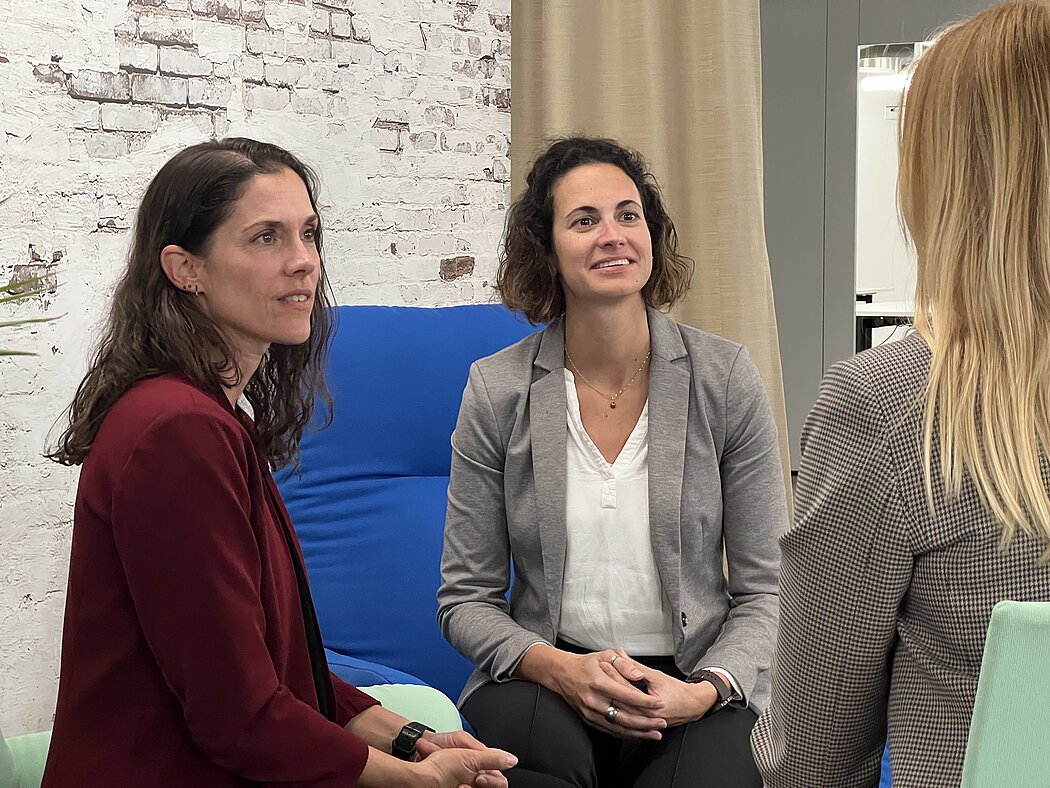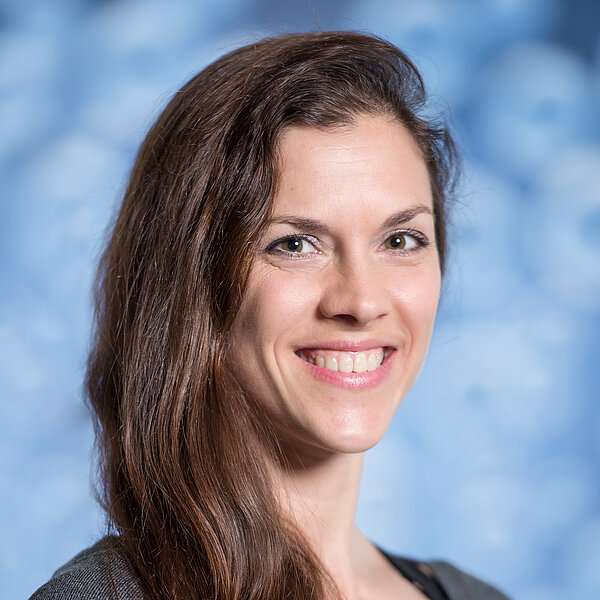
"MDR means more transparency for patients."
Geistlich places the highest demands on the quality and safety of its biomaterials. This commitment has now been crowned with the MDR certificate for the entire product portfolio.
The new EU Medical Device Regulation (MDR) replaces the Medical Device Directive (MDD). The requirements for clinical evaluation and technical documentation are much stricter. Numerous MedTech companies in Europe are therefore required to have their products certified in accordance with the new regulation. For Geistlich, this meant seven years of intensive project work involving around 100 employees. Our MDR experts Shelley Jambresic, Group Lead Science and Evaluation, responsible for the evaluation of clinical and scientific data, and Chantal Benz, Senior Regulatory Affairs Manager, who coordinated the MDR approval process, provide a look behind the scenes.
If you had to compare the MDR process to something more familiar, what would that be?
Chantal Benz: I would compare it to mountaineering. We needed perseverance.
Shelley Jambresic: Fortunately, we have an enormous amount of data, although gathering all the relevant information wasn't easy. Our task was to create a comprehensible "story" for the review process.
What were the biggest challenges along the way?
Chantal Benz: For me, the main challenge was answering the queries from the notified body that carries out the certification. Each answer required a deep understanding of both the internal and regulatory requirements.
Shelley Jambresic: The biggest challenge for me was data management. The extensive scientific database is both a blessing and a curse.
What exactly do you mean by that?
Shelley Jambresic: Scientific studies are crucial for MDR certification as they provide the clinical data to prove the safety and efficacy of our products. The enormous amount and variety of clinical information made it difficult to develop a consistent structure. Our documentation had to be structured in such a way that external auditors could easily understand the entire process. Studies supporting this process date back to the 1980s.

And what is the 'blessing'?
Shelley Jambresic: The blessing is that our products now form the basis for medical consensus recommendations. When doctors discuss treatment standards, they often rely on our data. This is especially true for Geistlich Bio-Oss®. This product is now used more frequently than autologous bone. We have data from controlled comparative studies with thousands of patients and follow-up times of over 24 years. Geistlich Bio-Oss® is therefore the best documented bone replacement material.
What does MDR certification mean for healthcare professionals and patients?
Chantal Benz: The certification shows that our products meet the highest regulatory standards. For patients, it means greater transparency.
Shelley Jambresic: The MDR plays a crucial role in patient safety, as it requires comprehensive practical data. This enables a more precise assessment of treatment outcomes that both doctors and patients can rely on.
What are the main differences between the MDR and the previous MDD (Medical Device Directive)?
Chantal Benz: The MDR is much more detailed and comprehensive than the MDD. It focuses strongly on the entire product life cycle and covers the entire technological landscape, including software, for example. The requirements for clinical evaluation and technical documentation are stricter.
How was the collaboration with the notified bodies during the MDR certification process?
Chantal Benz: The collaboration was intensive, but very transparent. The regular exchange was valuable in order to maintain an overview and stay up-to-date. There were a few hurdles when it came to correctly interpreting the queries from the notified body and mutual understanding of the processes, but overall, the collaboration was very constructive.
In total, around 100 people were involved in this process at Geistlich. What role did collaboration play?
Shelley Jambresic: It was crucial. Thanks to interdisciplinary collaboration, the departmental boundaries at Geistlich have become very fluid, which has had a positive impact on our corporate culture.
How did you feel when the certification was finally confirmed?
Chantal Benz: It's a mixture of relief and pride. It was a long and challenging process, but the sense of accomplishment is indescribable.





